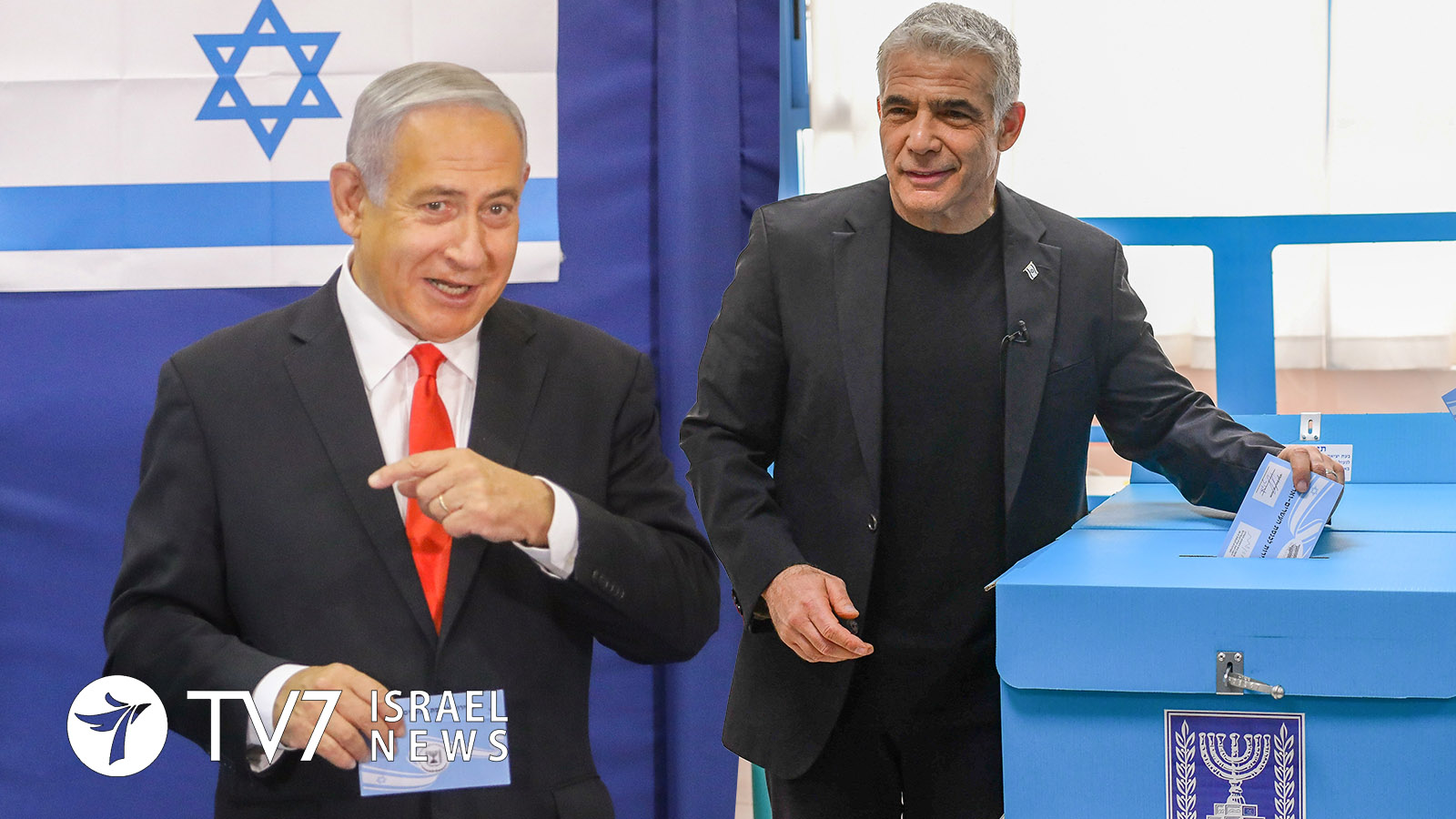Polling stations opened at 7 AM in Israel this morning in the fourth national election in two years, and will close at 10 PM local time.
6,578,084 citizens are eligible to vote. 13,685 stations have been set up nationwide. Diplomats stationed abroad were able to cast absentee ballots, while other special arrangements are made for soldiers and prisoners.
At least 751 drive-through stations are available for coronavirus patients and those in self-isolation, including one set up at the Ben Gurion International Airport. As many as 65,000 Israelis are estimated to be in quarantine, with 15,000 or so who are infected with the disease.
As he cast his ballot in Jerusalem, President Reuven Rivlin hailed Israel’s electoral process as “The Holy of Holies of our democracy,” but expressed concern over the years-long deadlock in the political sphere.
“Go out and vote. I am doing this for the last time as president, but also as a very concerned citizen,” said Rivlin, whose 7-year-term ends 24 July, underscoring that “a fourth election campaign undermines the public’s trust.”
The current national unity government between Prime Minister Benjamin Netanyahu of Likud and Alternate Premier and Defense Minister Benny Gantz collapsed in December 2020 – only 7 months after being established.
Netanyahu ran a campaign highlighting his role in securing millions of vaccine doses from Pfizer Inc and turning Israel into what he dubbed a “Vaccination Nation” that is leading the world, as well as his success in securing a series of recent peace accords.
The dominant political figure of his generation, the 71-year-old leader has been in power since 2009. While he is Israel’s longest-serving head of government, he has also been indicted on criminal corruption charges in a trial set to resume in just weeks. He denies any wrongdoing.
Netanyahu’s supporters often refer to him by use of his nickname as “King Bibi,” while opponents denounce him as “Crime Minister.”
Opinion polls show that the race for the 24th Knesset is too close to call, but it is hoped that exit polls later tonight will indicate voting trends.
Deep polarization by constituents has failed to elect a clear winner in the past 3 elections since 2019.
The surveys indicated an uptick for Netanyahu’s right-wing Likud party in the campaign’s final days, giving a prospective coalition of conservative and ultra-Orthodox Jewish parties around 60 seats in the 120-member parliament. Likud has been projected to remain the largest party with 30 mandates.
Yair Lapid, a former finance minister who heads the centrist Yesh Atid party, has emerged as Netanyahu’s main challenger. His faction is expected to secure 18 mandates.
Right-wingers Naftali Bennett’s Yamina and Gideon Sa’ar’s New Hope parties are predicted to take 10 mandates each. Sa’ar has declared he will not serve in a government headed by his former confidante Netanyahu despite ideological similarities, while Bennett announced he will not join a Lapid-led coalition.
The last surveys also show Ahmad Tibi’s Joint List and Aryeh Deri’s Shas with 8, Moshe Gafni’s United Torah Judaism with 7, Merav Michaeli’s Labor and Avigdor Liberman’s Yisrael Beiteinu with 6, Bezalel Smotrich’s Religious Zionism party with 5.
Gantz’s Blue and White party is forecast to win just 4 mandates – barely enough votes to pass the 3.25% electoral threshold to get into parliament, after he angered many of his supporters by agreeing to serve under an indicted prime minister.
Mansour Abbas’ United Arab List and Nitzan Horowitz’s Meretz are also expected to secure 4 mandate.
As neither Netanyahu nor Lapid are expected to garner a simple majority of 61, both candidates will need to build a viable coalition with multiple other factions.
Another possible – but less likely – outcome is an alliance among right-wing, centrist and left-wing parties opposed to a Netanyahu-led government.
Failure to negotiate the next government would mean a dreaded fifth round of elections.
